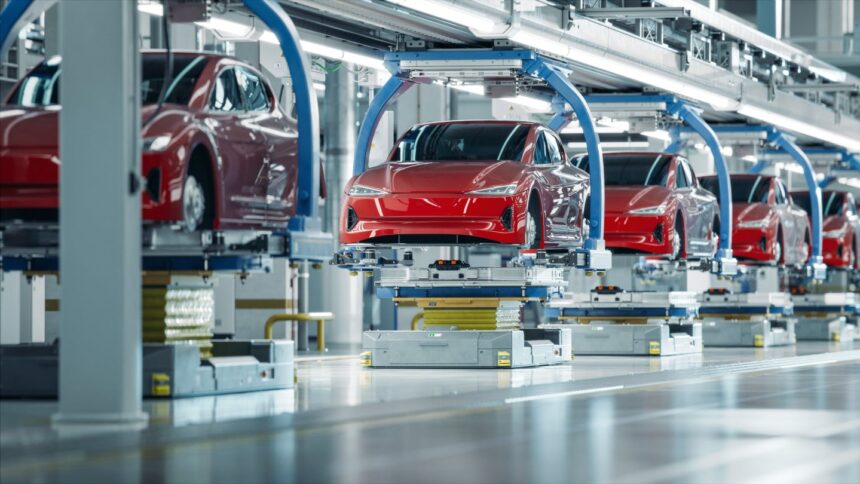The European Union and China have come to an agreement to engage in further technical discussions regarding potential alternatives to tariffs on electric vehicles (EVs) manufactured in China. The EU is preparing to impose tariffs of up to 35.3% on Chinese-made EVs following an anti-subsidy investigation.
The discussions between the EU and China aim to explore options such as minimum price commitments from Chinese producers or investments in Europe as substitutes for the impending tariffs. The European Commission, responsible for trade policy within the EU, has already conducted eight rounds of technical talks with Chinese officials but notes that “significant remaining gaps” still exist.
After a video conference between EU trade chief Valdis Dombrovskis and Chinese Minister of Commerce Wang Wentao, it was announced that further technical negotiations would take place shortly. China has expressed its willingness to host the EU team and has emphasized the continuation of price commitments as a potential resolution to the dispute.
Both Dombrovskis and Wang have affirmed their commitment to finding a mutually acceptable solution that ensures fair competition in the EU market and complies with World Trade Organization (WTO) regulations. Wang’s ministry has stated that the next phase of discussions should involve the establishment of a bilateral communication mechanism to implement and regulate price commitments.
China has urged the EU to refrain from conducting separate negotiations with companies, as it could undermine the negotiation foundation. However, the Commission has clarified that discussions with the China Chamber of Commerce for Import and Export of Machinery and Electronic Products (CCCME) do not preclude talks with individual exporters.
Dombrovskis has also raised concerns about China’s investigations into EU brandy, pork, and dairy, labeling them as “unsubstantiated.” In response, China has affirmed the continuation of its investigations, asserting compliance with both Chinese law and WTO rules.
Overall, the EU and China are working towards finding a resolution to the tariff issue on Chinese-made EVs through ongoing discussions and negotiations. The goal is to reach a mutually beneficial agreement that promotes fair competition and adheres to international trade regulations.





